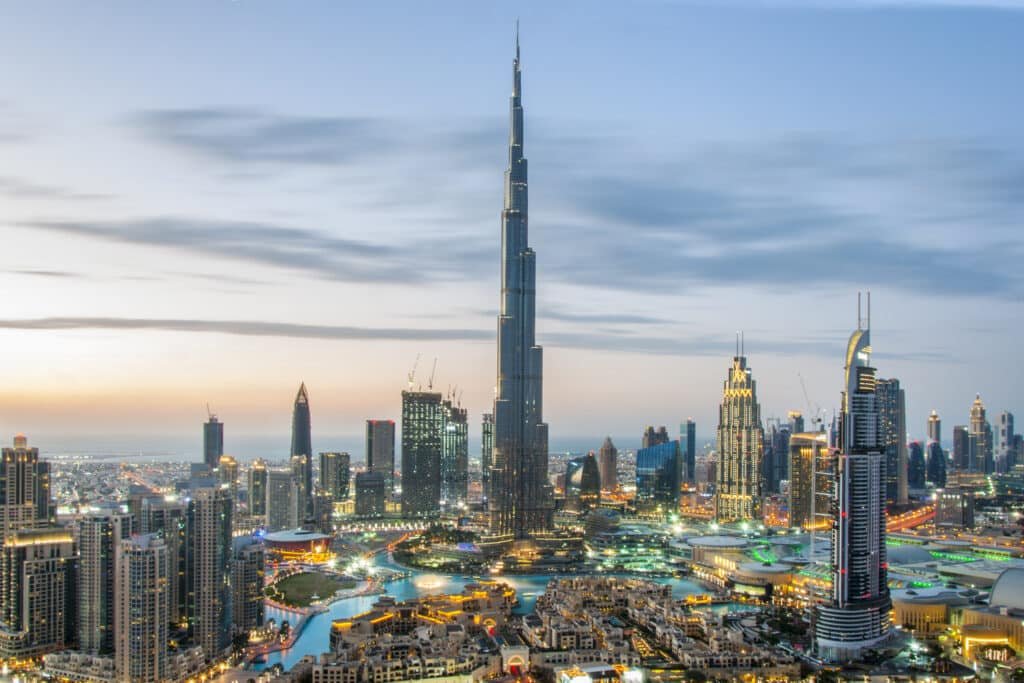Ask anyone who’s lived in or visited Dubai for a while, and you’ll hear a familiar line: “Time just flies here.” But why? Is there something in the sand-swept air, or is it more to do with our hyperactive schedules, mindsets, and environments? This isn’t just an abstract philosophical question—it’s rooted in neuroscience, psychology, lifestyle, and even culture. People often wonder why time in Dubai feels so fleeting. In this editorial deep dive, we explore why time seems to evaporate in Dubai faster than a bottle of water on Sheikh Zayed Road in July.
📍 The Dubai Effect: More Than Just a Feeling
Dubai is a city of motion. Towers rise overnight, events change weekly, restaurants flip menus monthly. In a place where innovation is a daily ritual and the skyline never sleeps, your environment is set to maximum stimulation. According to neuroscientist David Eagleman, our brain uses fewer memory markers when experiences are routine or over-familiar. In contrast, when the brain is bombarded with new, stimulating input, it processes time differently—especially in dynamic places like Dubai.
Translation? In the moment, Dubai can feel busy, chaotic, and hyper-present. But in hindsight, time seems to have vanished. Why? Because your brain didn’t save enough unique memory timestamps to stretch the experience.
🚀 Hyperstimulation & Urban Acceleration
Dubai is one of the most stimulating urban environments in the world. From sunrise yoga at Burj Park to business brunches at DIFC, then off to a networking mixer at The Arts Club—all in one day—it’s a non-stop sensory rollercoaster.
This level of activity has a psychological effect: the more your brain is engaged, the faster time appears to pass. Your cognitive bandwidth is spent absorbing, reacting, and adapting, leaving little room for stillness or reflection. The result? Time in Dubai feels condensed.
📱 Digital Overload in a Digitally Dominant City
Dubai is arguably one of the most digitally connected cities on earth. Smart city initiatives, cashless payments, AI-driven transport—everything moves fast, and so do we.
Notifications, deliveries, appointments, promotions—our attention is constantly pulled in multiple directions. Studies show that the more frequently we switch tasks or apps, the less we remember time passing. In short, in a city like Dubai, this digital overload makes time fly.
The more connected we are, the more disconnected we feel from time.
⏳ The Lifestyle Paradox: Maximum Experiences, Minimal Time
Dubai’s culture places high value on experiences: luxury, speed, status, and novelty. That means more socialising, more events, more “living life to the fullest”—and ironically, that’s what makes it all blur together.
Every brunch, gallery opening, car launch or VIP after-party contributes to a life of abundance, but abundance comes at a psychological cost: temporal compression. Indeed, the abundance of activities shortens perceived time in Dubai.
🌍 Expat Turnover and the ‘Always-On’ Mentality
With 90% of Dubai’s population being expat-based, there’s an unspoken urgency in how people live. Contracts are short. Opportunities are fast. Relationships shift quickly. Everyone’s trying to make the most of their time here.
This creates an environment of short-term intensity—where we overbook, overachieve, and overextend. And while that fuels career and social growth, it also makes time feel like it’s on fast-forward, especially during your time in Dubai.
🎢 Routine vs Novelty: A Psychological Balancing Act
Paradoxically, time feels slower when you’re bored and faster when you’re stimulated. But in hindsight, it flips. According to psychology professor Claudia Hammond, when we’re in highly repetitive environments, we remember time dragging. But when our memories are rich and varied (like a day out in Old Dubai or an overnight desert safari), we look back and think, “Where did the day go?”
Dubai offers little downtime. Even a ‘quiet night in’ can become a story worth posting. That constant novelty keeps us moving, but it also means time slips by with less conscious awareness, especially while spending time in Dubai.
🧘 Mindfulness vs Motion: Can We Slow It Down?
While we can’t slow the clock, we can change our perception of time. Experts suggest practising mindfulness, digital detoxing, and even engaging in manual tasks like journaling or walking—activities that bring us back to the present.
In Dubai, this can look like:
- Early morning beach meditation at Kite Beach
- A tech-free lunch at Arabian Tea House
- Slow art walks in Alserkal Avenue
These deliberate pauses help you store memories more deeply, making time feel fuller and more expansive during your Dubai experiences.
📅 Final Thought: It’s Not Just You
Time in Dubai does feel like it moves faster, but it’s not because you’re imagining it. It’s the result of an ultra-modern city designed for movement, momentum, and memory-blurring stimulation.
Want to feel like you’ve got more time? Take a breath, unplug for an hour, and let the city slow down around you—even if just for a moment.
